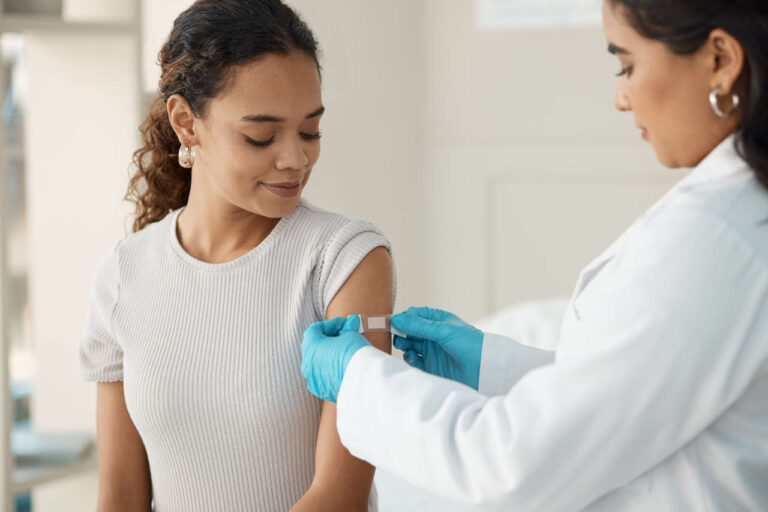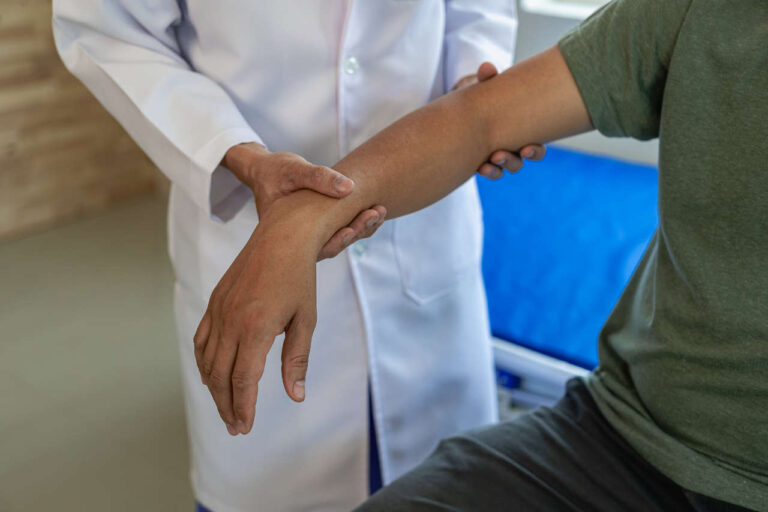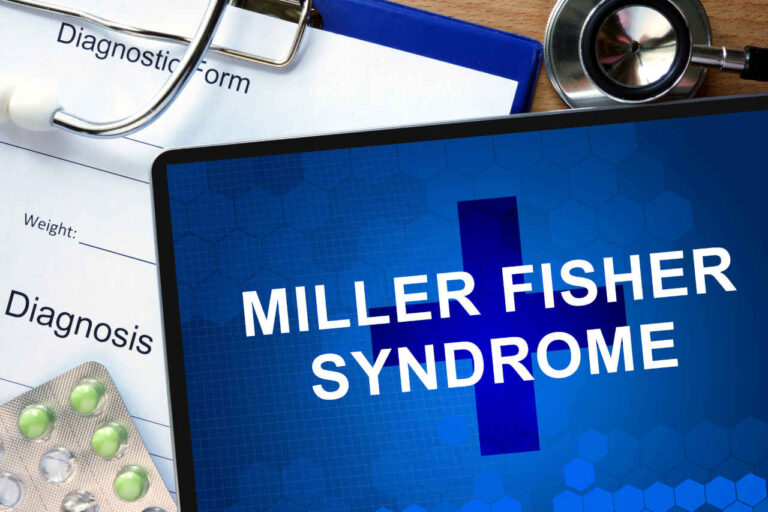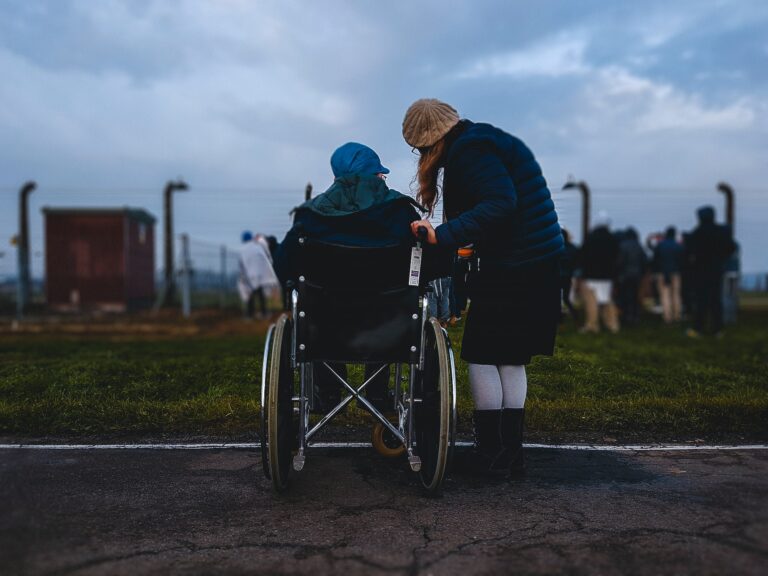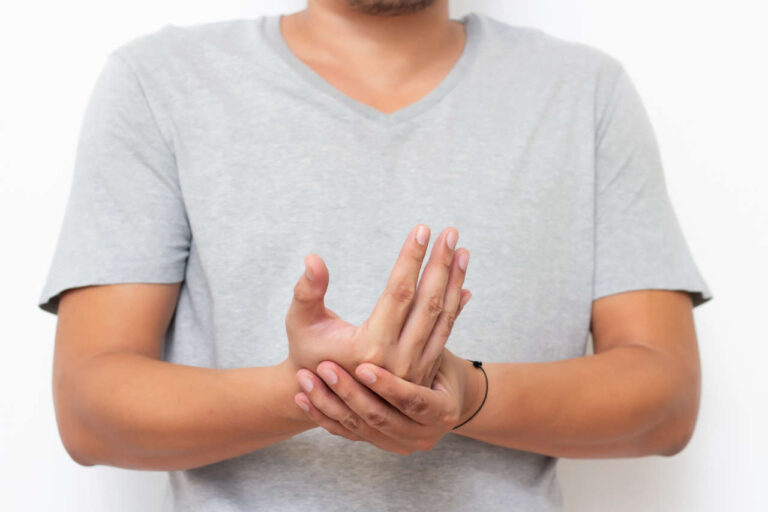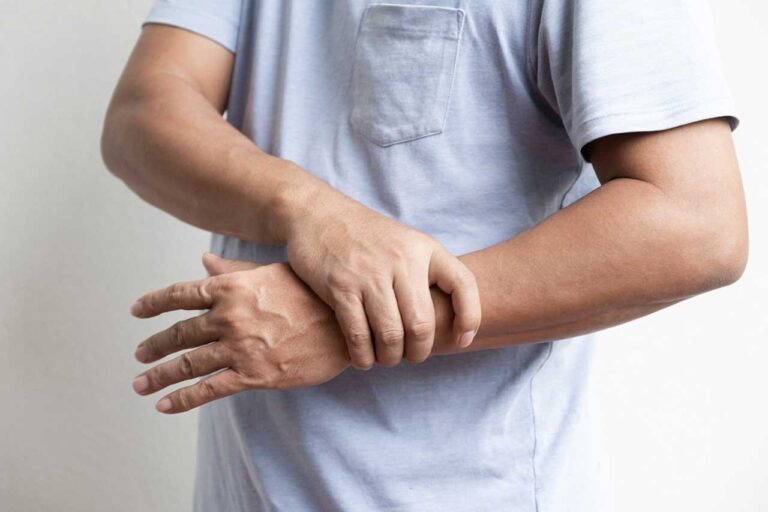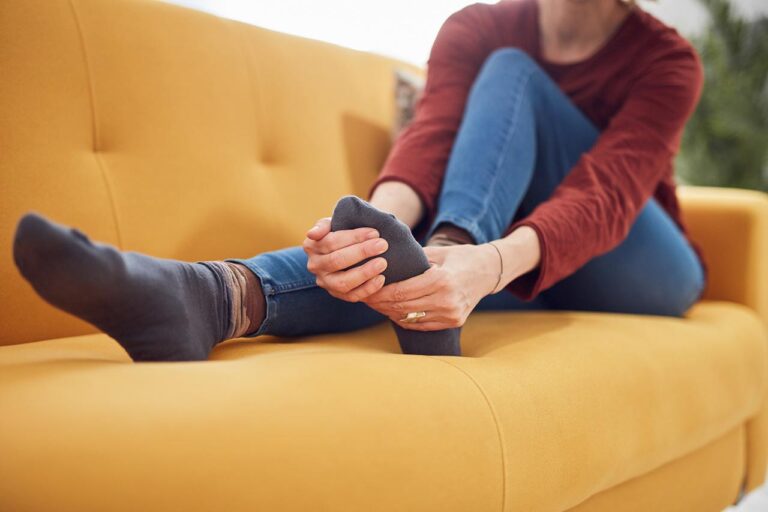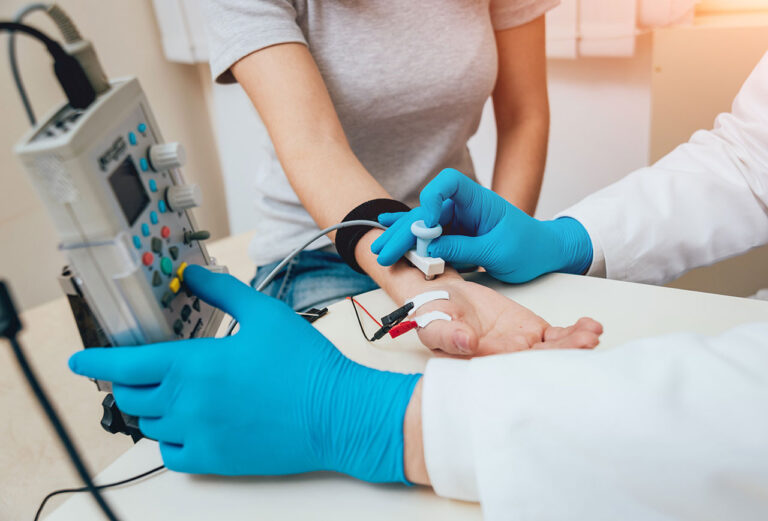
Guillain-Barre syndrome (GBS) is a rare neurological condition that can have significant effects on those who are affected. Fortunately, individuals diagnosed with Guillain-Barre syndrome can have a positive long-term outlook and a good life expectancy when they receive prompt care and successful treatment for any accompanying infections.
Statistics have shown that 70% of people with GBS eventually experience a full recovery with no negative impacts on their life expectancy. In this article, we will delve into the specifics of Guillain-Barre syndrome, including its survival rate, prognosis, treatment options, and more.
Get IVIG Copay Assistance
Speak to a SpecialistUnderstanding Guillain-Barre Syndrome
Guillain-Barre Syndrome (GBS) is an autoimmune disorder characterized by rapid onset muscle weakness and paralysis.
In this condition, the body’s immune system mistakenly attacks the peripheral nervous system. The demyelination of peripheral nerves occurs, which disrupts the transmission of signals between the nerves and muscles.
This disruption can lead to muscle weakness and sensory disturbances. In severe cases, it can even cause respiratory failure, raising concerns for those with Guillain-Barre syndrome about their life expectancy.
Common Triggers of GBS
Several factors can trigger GBS, causing the immune system to attack the myelin sheath surrounding the nerves.
The most common triggers for Guillain-Barre syndrome include:
- Infections: Respiratory or gastrointestinal infections, including those caused by campylobacter, Zika virus, and cytomegalovirus, can trigger GBS.
- Vaccinations: In rare cases, some individuals may develop GBS following vaccinations.
- Surgery or Trauma: Physical trauma or surgical procedures can sometimes precede the onset of GBS.
GBS Treatment Options
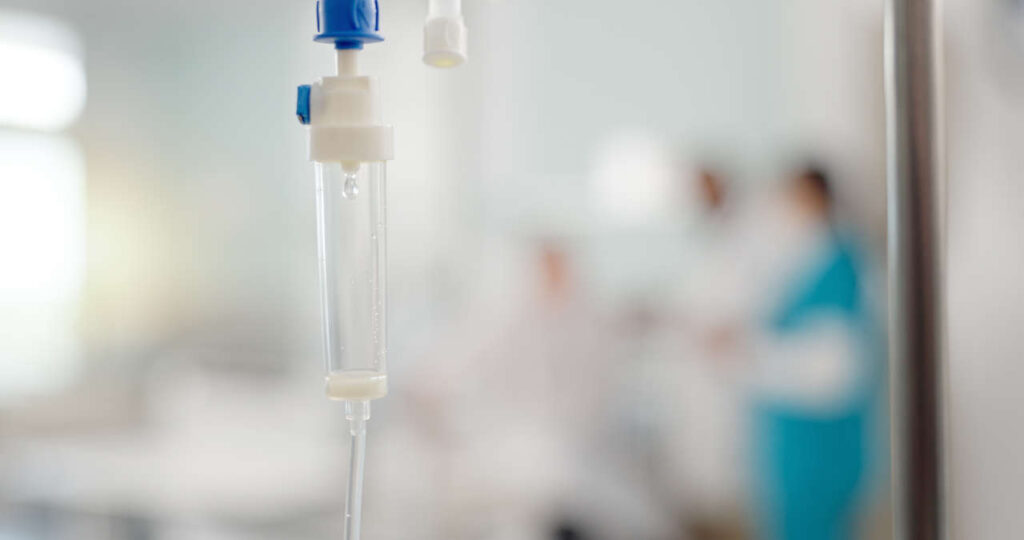
Effective management of Guillain-Barre syndrome is crucial for improving survival rates and outcomes. Various treatment options are available to increase the life expectancy of those with Guillain-Barre syndrome.
Your healthcare team will determine the best course of therapy based on the severity of your condition. Here are some of the treatment options available for GBS.
Intravenous Immunoglobulin Therapy
Intravenous Immunoglobulin (IVIG) therapy is one of the primary treatments for Guillain-Barre syndrome. This treatment involves administering a preparation of immunoglobulins derived from healthy blood donors.
These antibodies modulate the immune response, reducing the harmful effects of the patient’s antibodies on the nervous system. Studies suggest that early administration of IVIG can significantly improve the prognosis of Guillain-Barre syndrome, helping many individuals recover faster.
Here is how IVIG is administered to improve the life expectancy of those with Guillain-Barre syndrome:
- A healthcare professional assesses the patient to determine the appropriate dosage.
- IVIG is prepared following proper handling and infusion protocols.
- The patient receives the IVIG infusion through an intravenous line, typically lasting 3 to 5 hours.
- Infusions may be repeated 14 to 28 days after the initial treatment.
Plasmapheresis
Plasmapheresis, or plasma exchange, is another effective treatment that improves the survival rate of those with Guillain-Barre syndrome. This procedure involves removing the patient’s blood, separating the plasma from the blood cells, and discarding the plasma containing harmful antibodies.
The remaining blood components are then returned to the patient’s body. This treatment may improve life expectancy with Guillain-Barre syndrome by speeding up recovery and reducing the duration of severe symptoms.
Here is how plasmapheresis is performed:
- Blood is drawn from a large vein, typically in the arm.
- The blood is processed through a machine that separates the plasma from the blood cells.
- The unwanted plasma is removed, and the remaining blood cells are mixed with a replacement solution (like albumin).
- The treated blood is reinfused back into the patient’s bloodstream.
Supportive Care
Supportive care is crucial for patients and can significantly affect GBS life expectancy. This approach includes various therapies for alleviating symptoms and improving quality of life. It may involve pain management, physical and occupational therapy, and psychological support.
Here is how supportive care is implemented to enhance the life expectancy of those with Guillain-Barre syndrome:
- Physical therapy is initiated to maintain muscle strength and flexibility.
- Pain management strategies are developed, including medications to relieve discomfort.
- Occupational therapy focuses on helping individuals regain independence in daily activities.
- Psychological counseling is provided to address mental health issues and emotional challenges.
Guillain-Barre Syndrome Prognosis and Recovery Timeline
The point of greatest weakness typically occurs within four weeks after the initial symptoms appear. Symptoms of Guillain-Barre syndrome tend to stabilize during this period for days, weeks, or sometimes months.
Recovery periods may vary between patients, and symptoms can resolve in as little as a few weeks up to a few years. However, some individuals still report ongoing improvement after 2 years.
Long-term outcomes vary, but Guillain-Barre syndrome’s life expectancy remains positive for many. Early intervention and appropriate treatment are crucial in enhancing recovery and overall quality of life.
Guillain-Barre Syndrome Survival Rate
The survival rate for those diagnosed with GBS is notably high.
An estimated 5% to 10% of people experience delayed or partial recoveries. Meanwhile, the mortality rate for this disease is 3% according to a study. The leading causes of death in this group were reported to be respiratory failure, pneumonia, cardiac arrest, and autonomic dysfunction.
Factors Influencing Guillain-Barre Syndrome Life Expectancy

Various factors can affect the survival rate and life expectancy of those with GBS. Here is a closer look at some of them.
Age and Comorbidities
Older individuals typically face a more challenging recovery due to a decreased physiological resilience, which may slow healing and increase the severity of symptoms.
Additionally, pre-existing health conditions, such as diabetes or cardiovascular disease, can further complicate recovery and adversely affect the overall Guillain-Barre syndrome prognosis.
Severity of Initial Symptoms
The severity of initial symptoms in Guillain-Barre syndrome directly affects life expectancy and the likelihood of full recovery. Those who present with more profound muscle weakness and rapid progression of signs face a more challenging prognosis.
Severe initial symptoms can lead to complications like respiratory failure or autonomic dysfunction, which may increase mortality risk. Conversely, those with milder symptoms of Guillain-Barre syndrome tend to have a better survival rate and a higher chance of complete recovery.
Long-term Outlook and Quality of Life for GBS Patients
The long-term outlook and life expectancy for Guillain-Barre syndrome varies for each individual. However, many experience significant improvements in their quality of life through ongoing management and support.
Here is a closer look at the most common long-term symptoms and their management strategies.
Common Long-term Symptoms
Recognizing common long-term symptoms is essential to manage Guillain-Barre syndrome effectively and improve its prognosis.
- Approximately 3% may suffer a relapse of muscle weakness and tingling sensations many years after the initial attack.
- Approximately 15% of individuals may experience long-term weakness; some may require ongoing use of a walker, wheelchair, or ankle support. Muscle strength may not return uniformly.
- Approximately 30% experience residual weakness after 3 years.
Ongoing Management
Fatigue, pain, and other ongoing sensations can sometimes be troublesome. The best way to deal with fatigue is by engaging in pacing activities and taking time for adequate rest when fatigue sets in.
Those with Guillain-Barre syndrome also face emotional difficulties as they contemplate their life expectancy. It is often very challenging for individuals to deal with sudden paralysis and the need to depend on others for help with routine activities.
Individuals are encouraged to seek psychological support as it helps them adapt and may contribute to improving the overall GBS life expectancy. Support groups often ease emotional strain and provide valuable information. [2]
Navigate GBS With AmeriPharma® Specialty Pharmacy
Guillain-Barre syndrome’s high survival rate means you can effectively manage this condition with timely treatment. AmeriPharma® Specialty Pharmacy is here to provide the treatment you need.
Our URAC-accredited specialty pharmacy offers at-home IVIG infusions and hard-to-find medications in over 40 US states and territories.
Contact us today if you’re dealing with Guillain-Barre syndrome and improve your life expectancy with our full-service coordination, copay assistance, and 24/7/365 support.

